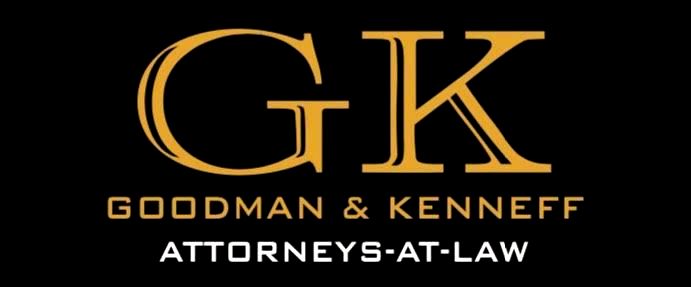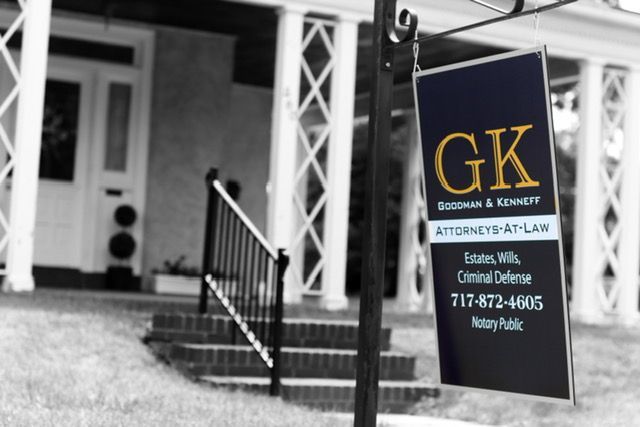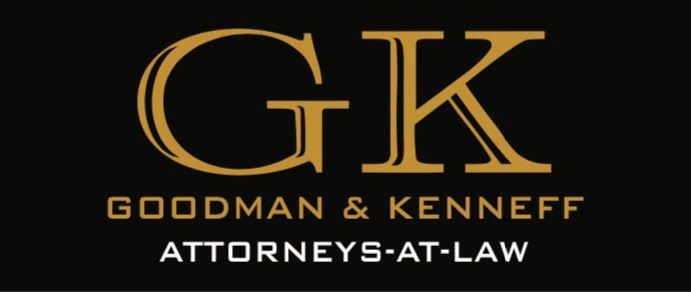Federal Law and Pennsylvania State laws both prohibit people who have been previously convicted of certain crimes from purchasing a firearm. The Federal prohibitions, however, are much stricter than those of Pennsylvania. The problem is that most people who are precluded from purchasing a firearm due to prior offenses have no idea.
It’s bad enough that these people, who were never told they have lost their right to purchase a firearm, have lost that ability, but, making matters worse, local police departments have been charging these people who attempt to purchase a firearm with new crimes.
Anytime a prospective gun owner goes to purchase a gun, they must fill out a federal “Firearms Transaction Record.” This form asks for all your identifying information, as well as several questions regarding your criminal background. Most notably, question 11c asks, “Have you ever been convicted in any court of a felony , or any other crime, for which the judge could have imprisoned you for more than one year, even if you received a shorter sentence including probation? (See instructions for 11c).”
Let’s stop there for a second, as there are already some issues here.
The only word in bold is the word felony. The word misdemeanor never appears in this sentence. That must mean that if you were previously convicted of a misdemeanor you’re eligible to buy a gun, right? Unfortunately, depending on the maximum penalty you could have received, not necessarily.
The next problem with this question is that it assumes you know the maximum penalties (not the penalty you received) for the crimes with which you were previously convicted. For instance, in Pennsylvania, a 2nd offense DUI could have resulted in your being charged with a misdemeanor of the 1st degree (M1). You may have done 45 or 90 days in jail and served some probation afterwards. It’s not a felony, and, you didn’t serve more than a year in jail so you are certainly not precluded are you? Unfortunately, you are. The maximum penalty for a M1 in Pennsylvania is up to 5 years imprisonment. Since the judge could have sentenced you up to 5 years in jail, you can no longer buy a gun.
Along the same line, a misdemeanor of the 2nd degree (M2) has a maximum penalty of 2 years in jail, so you must also be precluded from purchasing a firearm if you’ve been convicted of one of those since it’s more than a year? Actually, no.
It gets even more confusing.
Remember those instructions referenced on question 11c above? Here’s what they have to say: “Generally, 18 USC 922 prohibits the shipment, transportation, receipt, or possession in interstate commerce of one who has been convicted of a felony, or any other crime, punishable by imprisonment for a term exceeding 1 year (this does not include state misdemeanors punishable by imprisonment of 2 years or less).”
Again, the word felony appears, but now the word misdemeanor appears for the first time, and includes a less strict maximum term of imprisonment for which you are precluded from purchasing a firearm. An M2 charge, and its maximum penalty of 2 years imprisonment, is apparently not prohibiting.
Confusing, huh? Well, the police are confused too.
I recently had a client with a prior M2 conviction charged with a FELONY for “lying” on this federal form by checking “no” to question 11c. The charges were dismissed because I brought these instructions to the Officer’s attention (which he had not previously read), forcing him to admit that my client should not have been charged. Prior to this coming to light, he had already admitted that he had charged others with crimes for “lying” on this form because they answered “no” when they had previous M2 convictions.
Throughout the county, people are being charged with FELONIES for answering question 11c “no”, if they have been previously convicted of M1 and M2 crimes. The crimes with which they are being charged require that they answered this question incorrectly “knowingly and intentionally” or “with the intent to mislead”.
Everytime I’ve had a client with one of these charges, the story has always been the same: They went to a gun shop to purchase a gun; they answered “no” to this question because they never thought that their prior misdemeanor charge would prohibit them because it was not a felony, and they only served probation and no jail time; the form is extremely confusing; nobody ever told them they no longer had their ability to purchase a gun; their PA license to carry had not been suspended. Moreover, they owned 10 other guns at home so why would they ever risk being charged with a crime to purchase 1 more gun?
The answer is: they wouldn’t.
Further, because the background check is conducted instantly at the gun shop while you wait, it doesn’t even make sense to “lie”. If they check “yes” to the question, they’re obviously prohibited, and will not receive a gun. If they give correct identifying information and check “no”, they’re criminal history will show they have one of these prohibitions, and, will not receive a gun. Why would they “lie” and then wait around at the gun shop while the background check was being processed to see if they could purchase a gun?
They answer, again, is: they wouldn’t.
They’ve made a mistake on a confusing form, but they did not commit a criminal act. After all, if the police charging the crimes are confused by the forms and misunderstanding the law, how can an unknowing layperson be expected to understand?
The post Gun Rights and Your Prior Record appeared first on Goodman & Kenneff.




